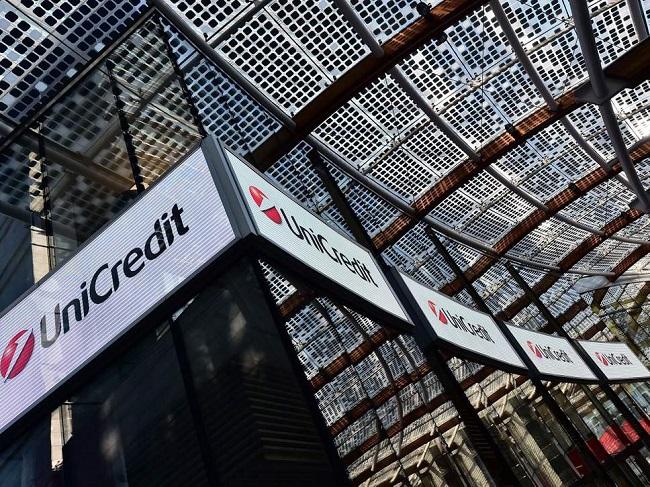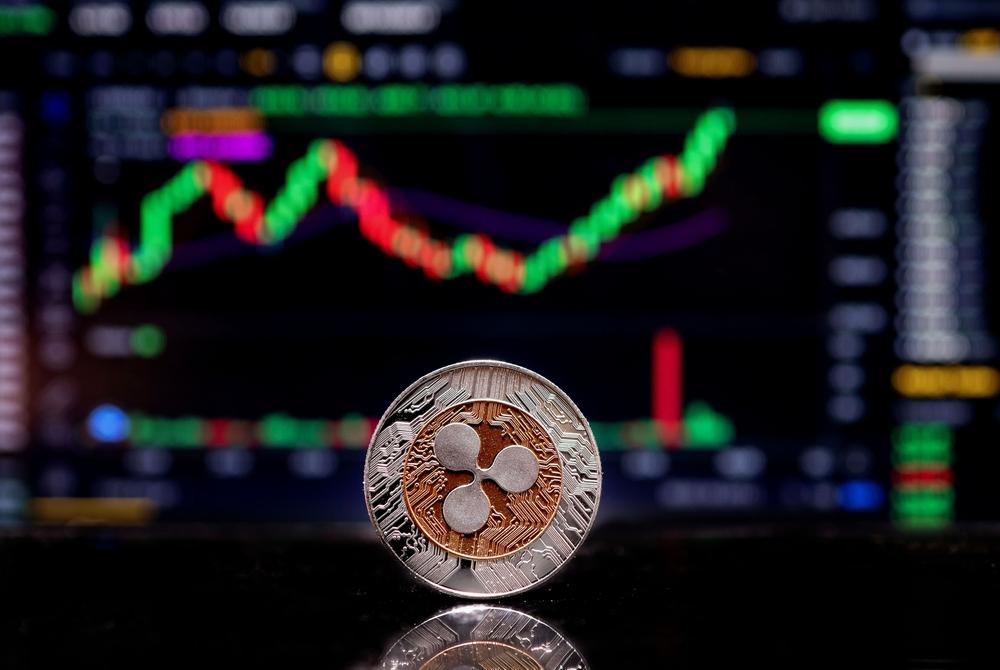Italian bank UniCredit has announced that it has successfully completed a blockchain-based transaction using the we.trade platform.
The transaction was the first of its kind in the Italian market, UniCredit said. It involved a tinplate trade between metal packaging producer Gruppo ASA and its supplier, Steelforce, which was supported by KBC Bank in Belgium.
Once the buyer confirms the delivery of the goods, payment is automatically triggered according to the terms agreed by the counterparties and embedded in a smart contract on the we.trade platform. By leveraging blockchain technology, the platform makes the transaction significantly faster and more transparent.
According to the official release, Gruppo ASA and Steelforce were able to finalise the transaction in just a few days.
“we.trade is a success story in the field of inter-bank collaboration and we are glad to announce the first transaction of its kind on the Italian market. We believe that we.trade can contribute to redefine business relationships among SMEs, removing obstacles that typically make international transactions costly and complex whilst delivering concrete benefits for our clients,” Luca Corsini, Head of Global Transaction Banking at UniCredit, said.
Launched in 2017, the we.trade project aims to simplify the financial processes underlying international trade for SMEs. It is backed by a consortium of leading banks including Deutsche Bank, HSBC, KBC, Natixis, Rabobank and Société Générale, Nordea, Santander, and UniCredit, among others.
The platform allows companies to identify trusted counterparties for establishing new commercial relations. It provides full visibility on transaction and shipment status, digitalize the whole process from order creation to payment execution.
Within the platform, companies can also access financial services provided by their bank, such as Bank Payment Undertaking (BPU), where the buyer's bank provides the seller with an irrevocable undertaking to pay the invoice at maturity date, and BPU financing, where the seller's bank provides financing by discounting the BPU of which they are a beneficiary.



























Comment 0